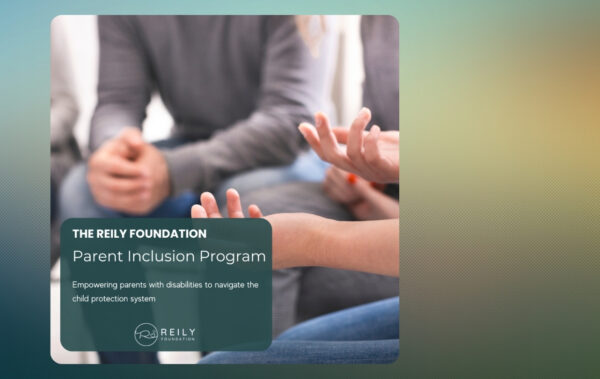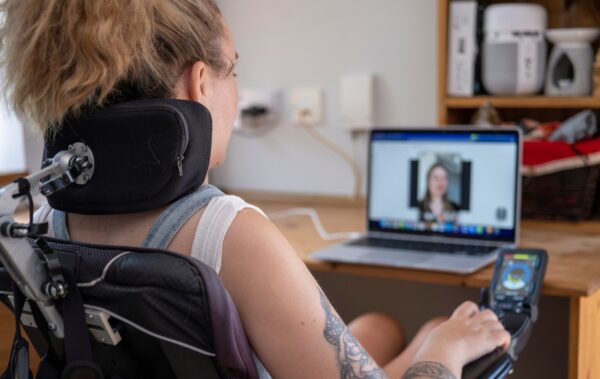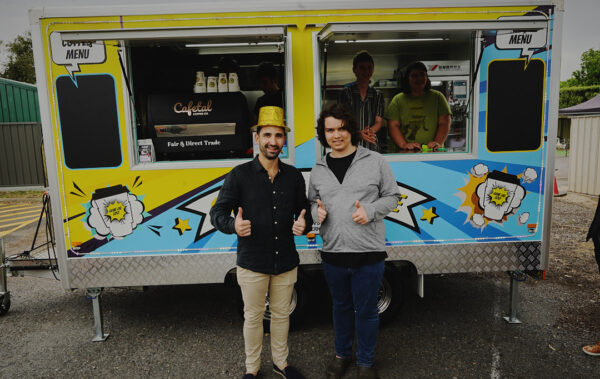“Being part of this [Neighbourhood Circles] Project has been an immense privilege for me as the Project Lead. Every day I feel humbled by the generosity and kindness of individuals who have shown such great passion and encouragement for this Project to continue. I am grateful for this Project’s work and strongly believe in the need for individuals to build and strengthen connections and a sense of contributions to their local neighbourhood.”
Sarah Faulkner (Project Lead, Neighbourhood Circles) See funded project



























